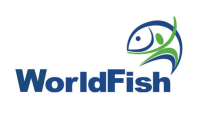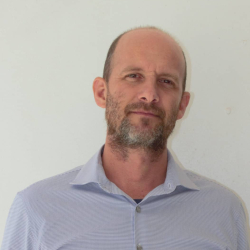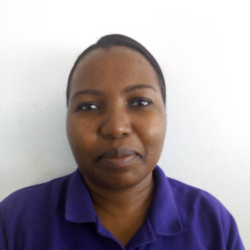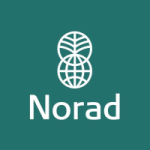Activity 1: Training students from NRDC using the upgraded curriculum, tools, and online training platform
Outputs 1: Upgraded curriculum (long- and short-term courses), training tools, online training platform, and a training of trainers manual to implement the upgraded package
Outcome 1: 135 students trained have enhanced knowledge of aquaculture using the upgraded curriculum, tools, and online training platform
Activity 2: Students from NRDC gaining practical skills through internships specifically tailored to address the needs of the private sector
Outputs 2: Internship program document, assessment report to inform the design of tailored internships to fit the needs of the private sector and that are gender- and youth-responsive, and an aquaculture field training center located at NRDC
Outcome 2: Internships of 135 students carried out successfully with over 30 private companies
Activity 3: Students from NRDC finding gainful employment with companies operating in the aquaculture value chain or set up their own aquaculture-related businesses. Attracting prospective students to apply to the fisheries science department at NRDC
Outputs 3: Internship review system and forms, assessments of the needs and aspirations of and barriers faced by women and female youth and gender- and youth-responsive marketing tools developed to attract more students, plan to link students to financial institutions who wish to set up their own aquaculture-related businesses
Outcome 3: Contracts signed with private companies or new businesses opened along the aquaculture value chain after students complete their studies. An increase in the number of students applying to NRDC.
Activity 4: Scaling the upgraded fisheries science package for adoption or modification by other TEVET institutes in Zambia
Outputs 4: Plan to scale the upgraded fisheries science package to other TEVET institutions in Zambia
Outcome 4: Two (2) additional TEVET institutes in Zambia adopt or modify the curriculum, training tools, online training platform, and internship program for integration within their institutions
Activity 5: Private sector linkages with and TEVET provided to smallholder commercial fish farmers
Outputs 5: Private sector landscaping and capacity needs assessments and development plans, smallholder fish farmer population census and cluster farmer identification and selection plan, fish farming systems analysis, smallholder training tools
Outcome 5: 1000 cluster farmers identified, organized, and trained on TEVET and provided services by the private sector


















